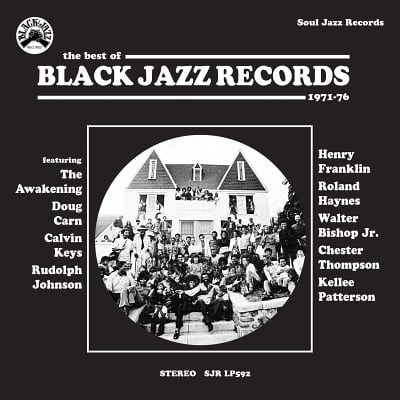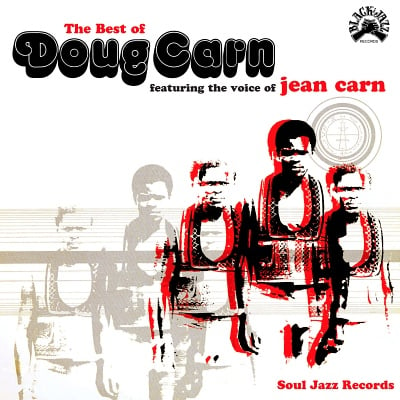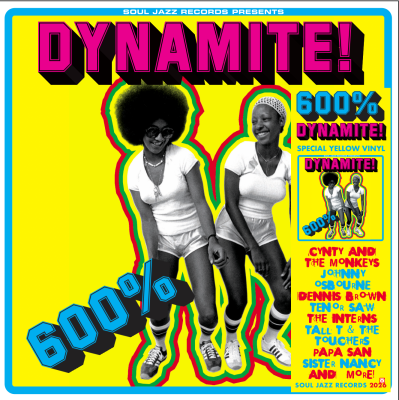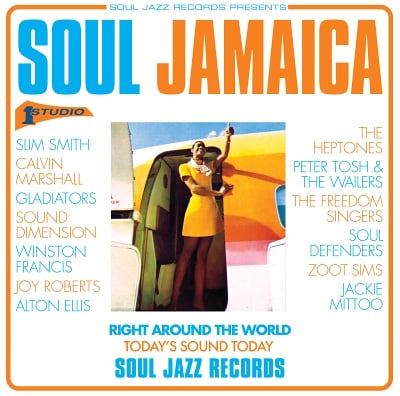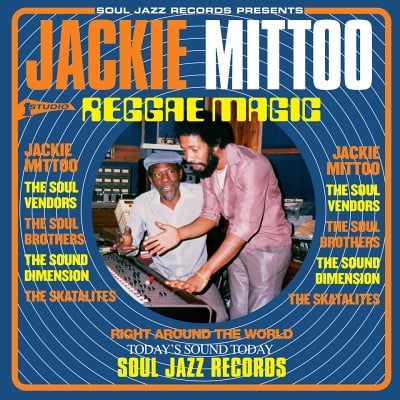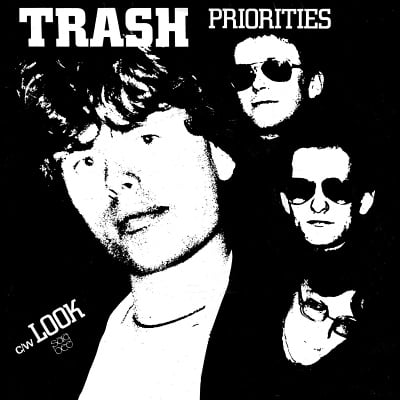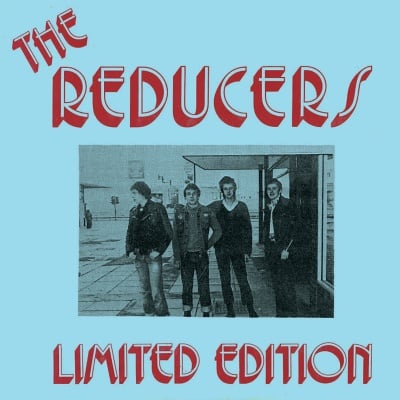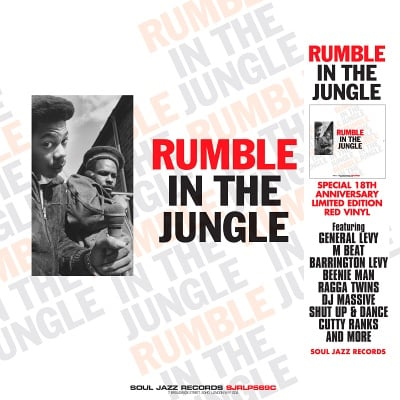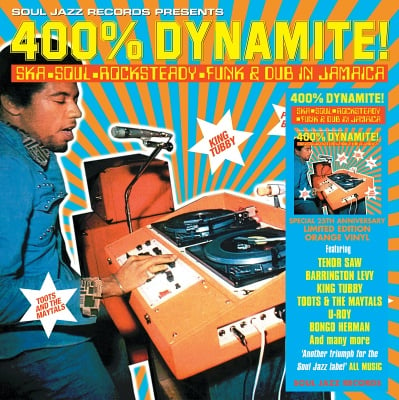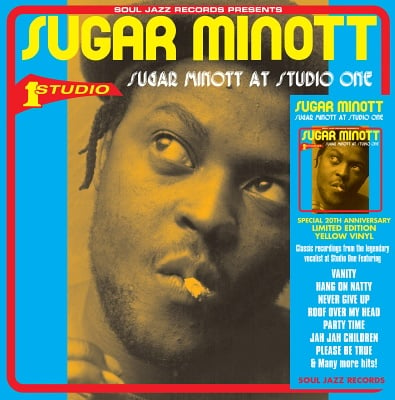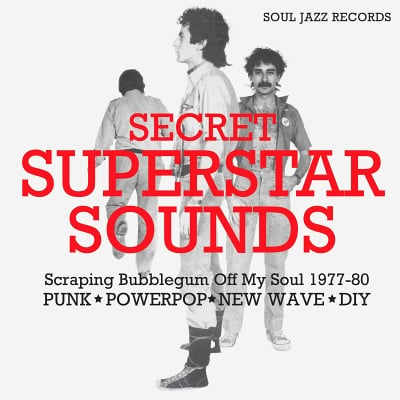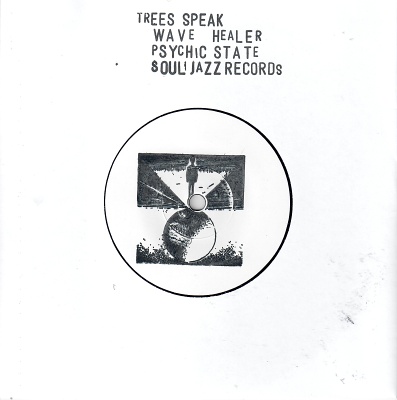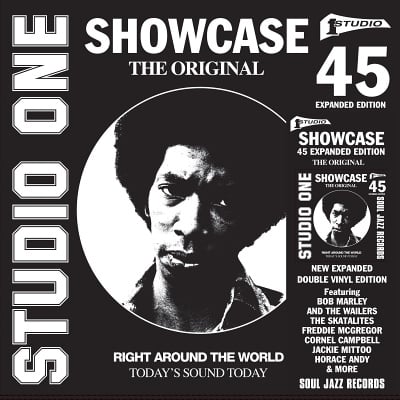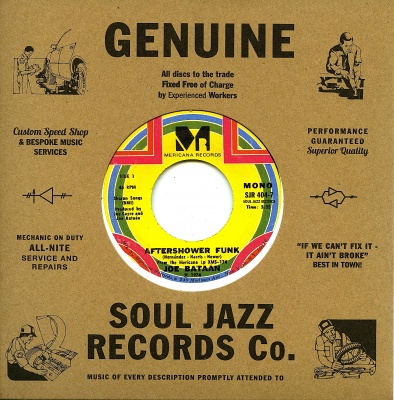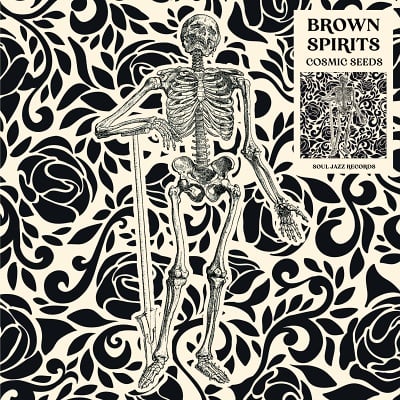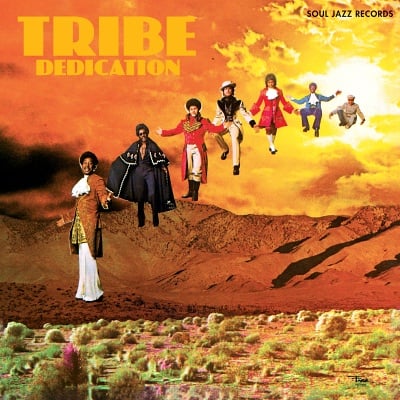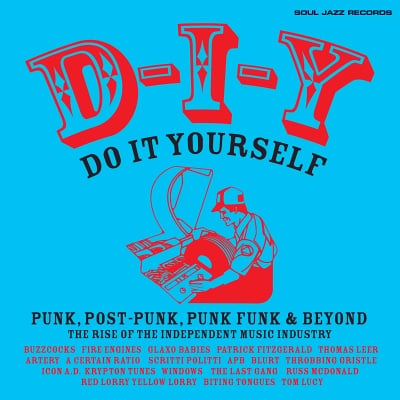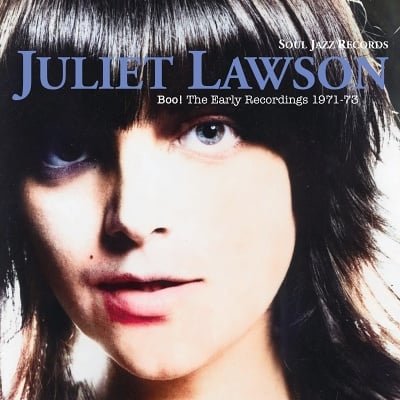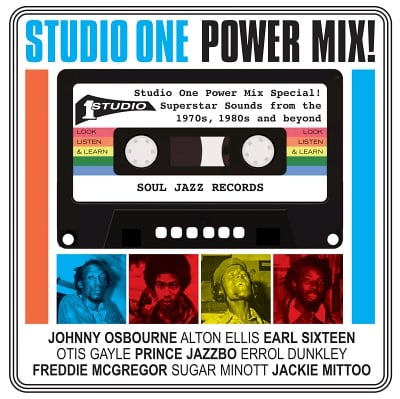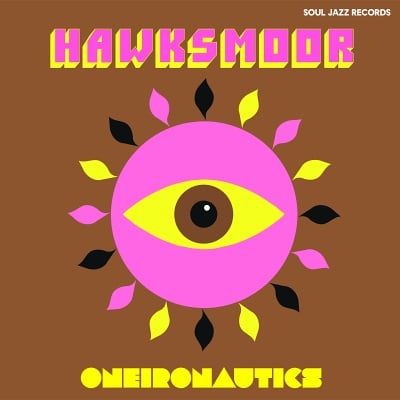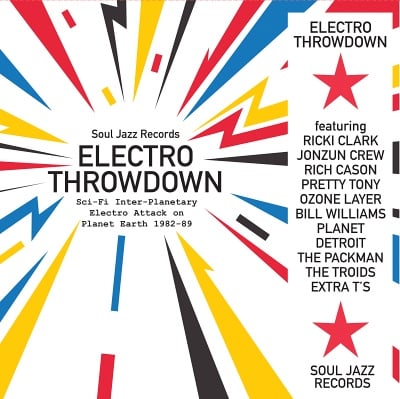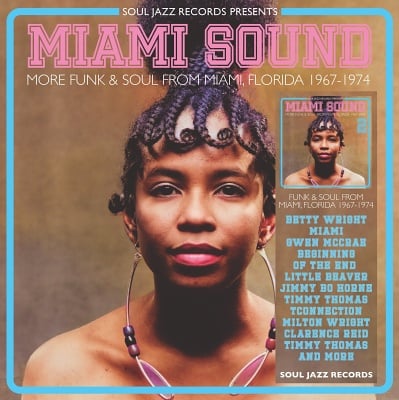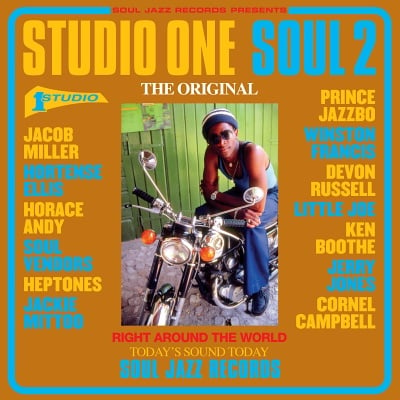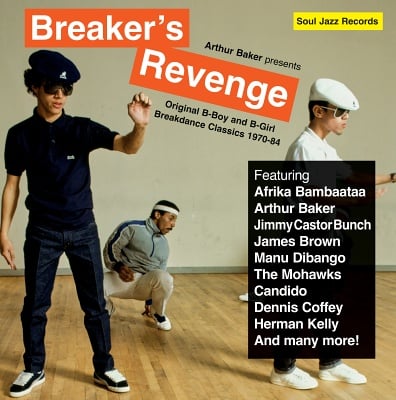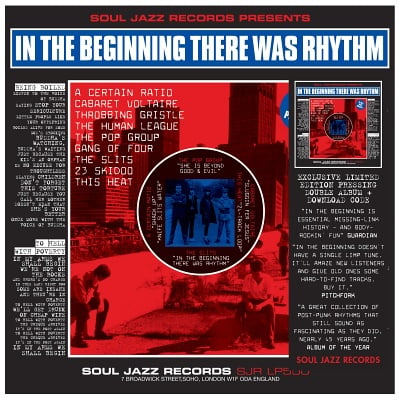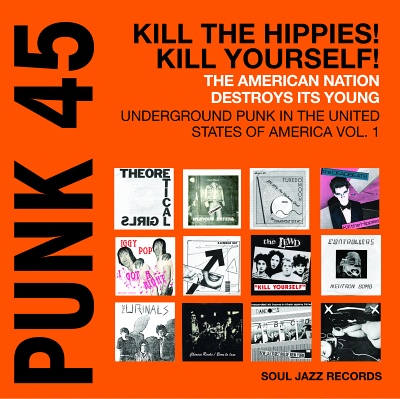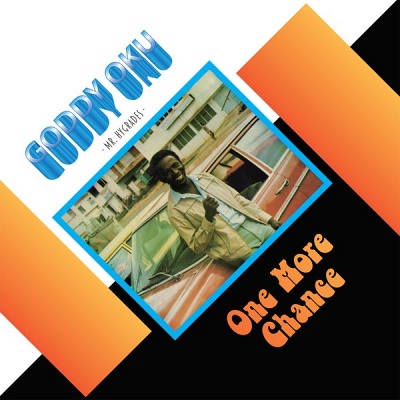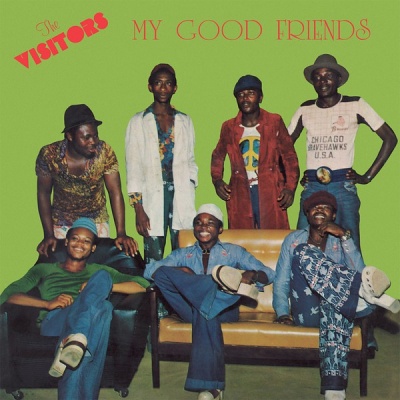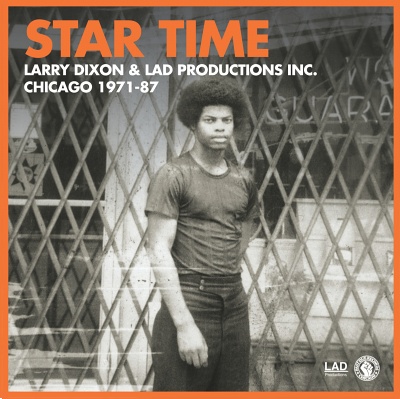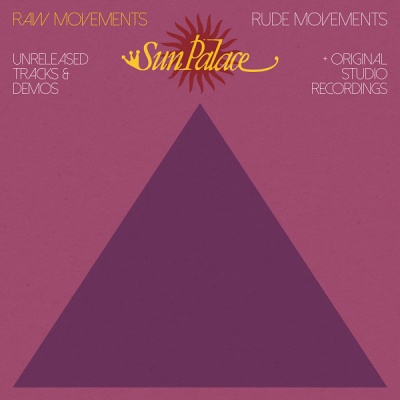- 3×LP + Download Code RERVNG8LP£35.99Out of stock Notify me when in stock
- 2×CD RERVNG8CD£19.99Out of stock Notify me when in stock
- Syrinx – Tumblers To The Vault
- Syrinx – Syren
- Syrinx – December Angel
- Syrinx – Ibistix
- Syrinx – Field Hymn (Epilogue)
- Syrinx – Tillicum
- Syrinx – Better Deaf And Dumb From The First
- Syrinx – Aurora Spinray
- Syrinx – Melina’s Torch
- Syrinx – Journey Tree
- 1. Tumblers To The Vault
- 2. Syren
- 3. December Angel
- 4. Ibistix
- 5. Field Hymn (Epilogue)
- 6. Tillicum
- 7. Better Deaf And Dumb From The First
- 8. Aurora Spinray
- 9. Melina’s Torch
- 10. Journey Tree
- 11. Field Hymn
- 12. Chant For Your Dragon King
- 13. Hollywood Dream Trip Father Of Light
- 14. Appaloosa – Pegasus
- 15. Tillicum (Single Mix)
- 16. Melina’s Torch (Solo)
- 17. Better Deaf And Dumb From The First (Alternate / Vocal)
- 18. December Angel (Demo)
- 19. Stringspace Live—Syren
- 20. Stringspace Live—December Angel
- 21. Stringspace Live—Ibistix
- 22. Stringspace Live—Field Hymn (Epilogue)
The two instrumental albums issued by Syrinx in the early 1970s sound little like the psychedelic music prevailing Toronto’s rock venues at the time, and are even further removed from the electronic tape experimentations spooled by a younger John Mills-Cockell. Instead, the path of Syrinx whimsically veers away from the dominant mode of ‘70s subculture, charting surprising commercial success. Tumblers From The Vault presents their entire recorded legacy, reviving the story of Syrinx and sharing their memorable, mind-bending melodies. The musicians behind Syrinx were composer and keyboardist John Mills-Cockell, saxophonist Doug Pringle, and percussionist Alan Wells. All three were young veterans of the Toronto creative scene by the beginning of 1970.
LSD played a supporting role in their artistic pursuits, but equal guidance also came from Mills-Cockell’s studies at the University of Toronto and Royal Conservatory of Music, where he established an ad-hoc, DIY electronic music course in the school’s basement. After the dissolution of Intersystems, a rogue, multimedia ensemble established by Mills-Cockell , John journeyed to Canada’s west coast to work on an album of original synth-based compositions. Pringle was enlisted to color outside the music’s already adventurous lines, his sinuous, signal-processed saxophone adding another electrifying voice to Syrinx’s signature sound. A sound that hybridized chamber music dynamics with wild, yet tuneful electronic melodicism. With Alan Wells’ understated percussion rolled into the fold, what started as a solo venture for Mills-Cockell became a new kind of collective.
From these coastal sessions were conjured exemplary pieces like “Journey Tree” and “Hollywood Dream Trip,” both plaintive and serene expressions of Mills-Cockell’s economical arrangements, and also Syrinx’s restrained and expert use of their electronic resources. Syrinx’s self-titled debut arrived in 1970, followed in 1971 by Long Lost Relatives, which is highlighted as the first album on Tumblers From The Vault. Between the two albums, Syrinx became a vital part of the Toronto music scene, with Doug Pringle’s loft serving as the central node for impromptu performances and the group’s collaborative activities. Syrinx also started receiving high profile work, first for television, film, and dance, and then for orchestra. One commission culminated commercially in “Tillicum”, the unforgettable theme music for pioneering reality television show Here Come the Seventies. Syrinx’s music is more than a faded strain in Canada’s consciousness, but has never expanded universally.
